
Defying All Odds - Day 24: IoT Security in Construction: Protecting Connected Devices and Systems
“You have to be prepared to fight and finish your own battles.” - Jim Harbaugh
Introduction:
The Internet of Things (IoT) has revolutionized the construction industry, enabling the use of connected devices and systems for improved efficiency and productivity. However, IoT devices also introduce new cybersecurity risks. In this article, we will discuss the importance of IoT security in construction and explore best practices for protecting connected devices and systems. From implementing strong passwords to regularly updating firmware, these practices will help construction companies secure their IoT ecosystem and mitigate potential vulnerabilities.
In our featured story, we talked about how ZATIS helped a construction company defy the odds and win in the battle against hackers and cybercriminals. Join us today as we discuss the best practices and importance of having connected devices protected from cyber threats in a construction company.
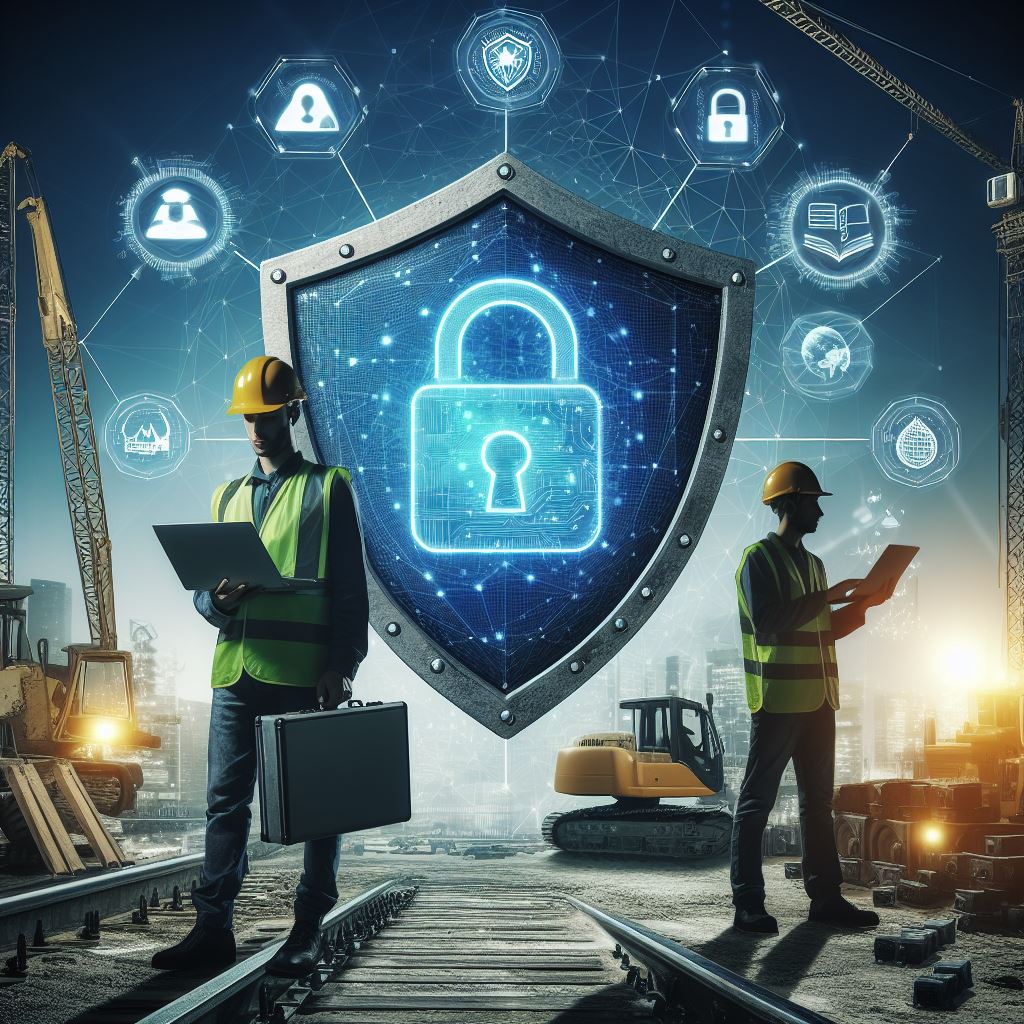
Just as football has evolved with the use of technology for training, analysis, and even referee decisions, the construction industry has also embraced the digital revolution. The Internet of Things (IoT) is the star player of this transformation, connecting devices and systems to optimize efficiency and productivity. But with this new player on the field, the game changes. The increased connectivity introduces new cybersecurity risks. Let's explore how to protect these connected devices and systems, ensuring that your IoT doesn't become an 'Internet of Threats'.
1. Implement Strong Passwords
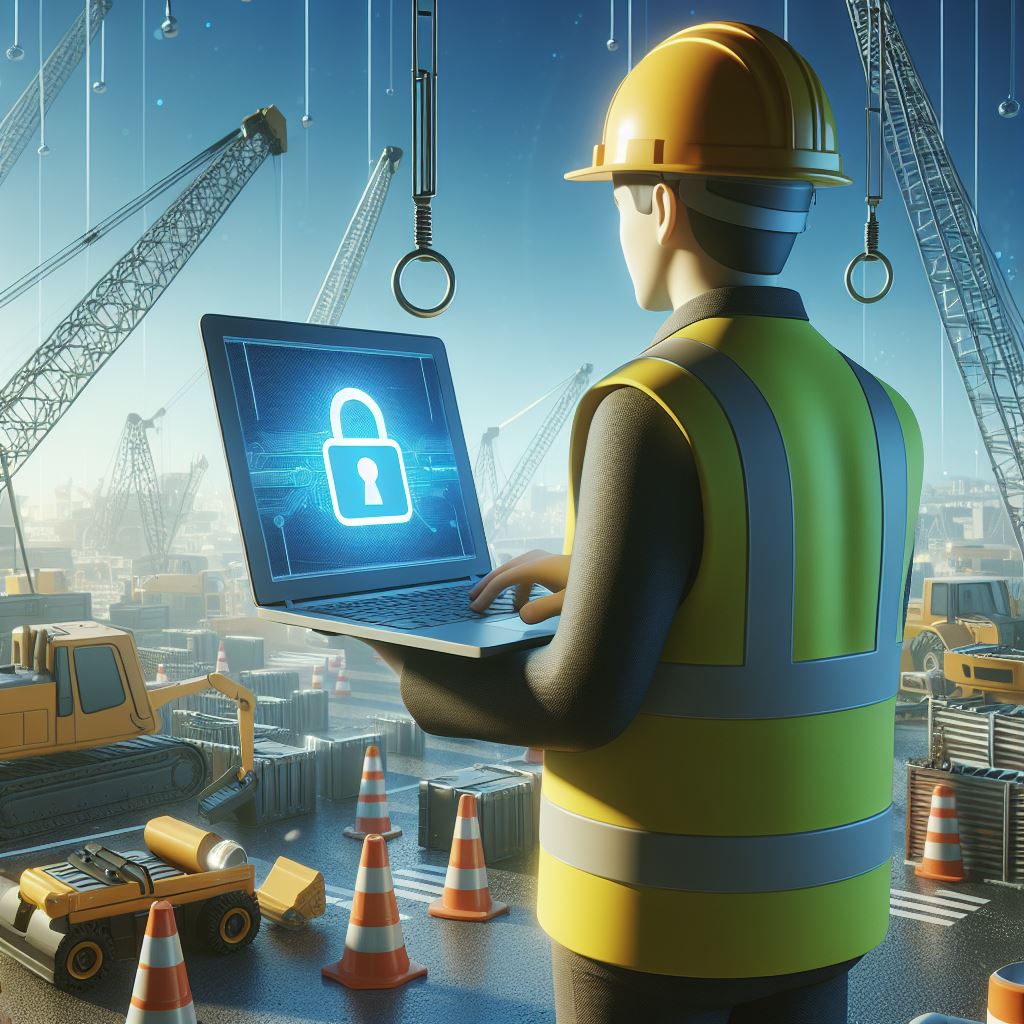
Much like a solid defense in a football game, strong, unique passwords are the first line of defense for IoT devices. Avoid using default passwords provided by manufacturers and update passwords regularly.
2. Regularly Update Firmware

Keeping device firmware updated is akin to ensuring your team is up-to-date with the latest strategies and techniques. Manufacturers often release firmware updates to fix security vulnerabilities, and these should be applied as soon as possible.
3. Network Segmentation

Network segmentation is like having different squads for different games. By separating IoT devices onto different network segments, you can limit the damage if one device is compromised.
4. Disable Unnecessary Features
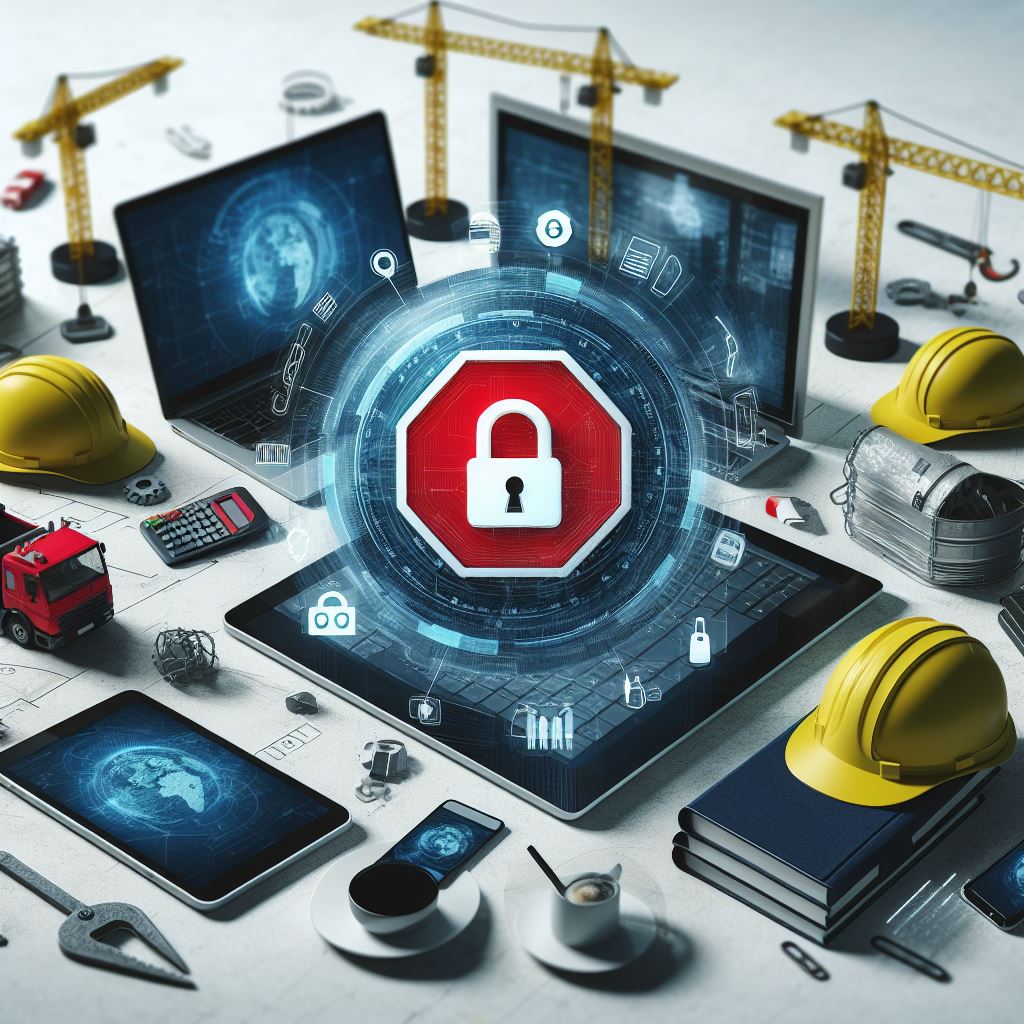
Many IoT devices come with features that are not needed for your purposes. Like a coach focusing on the essential skills for the team, disable these unnecessary features to reduce potential attack vectors.
5. Encrypt Data

Encrypting data transmitted by IoT devices is like developing a secret play that only your team understands. It ensures that even if data is intercepted, it cannot be understood without the encryption key.
6. Employ a Firewall
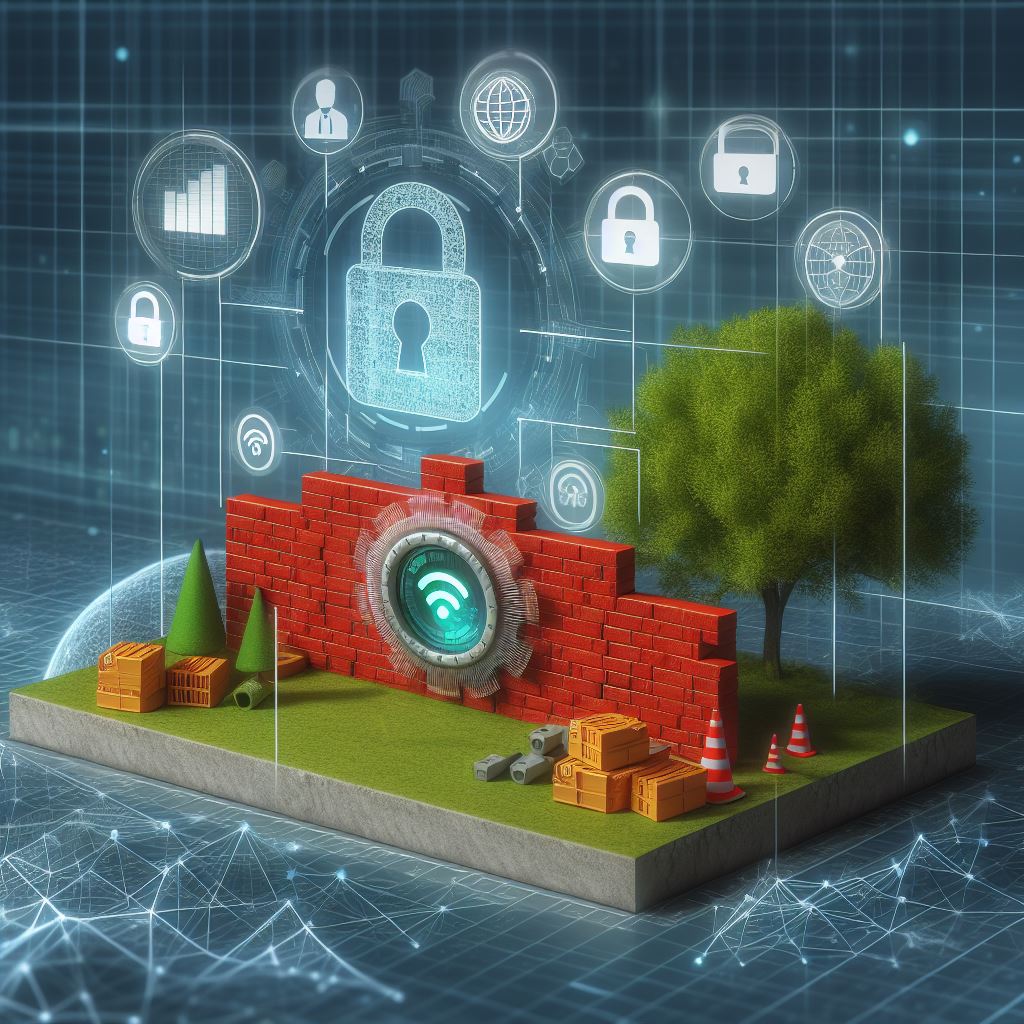
Firewalls act as goalkeepers, blocking unauthorized access to your IoT devices. Implement a robust firewall to keep out potential cyber threats.
7. Regular Security Audits

Just as a team reviews game footage to identify weaknesses, regular security audits can help identify vulnerabilities in your IoT devices or systems.
8. Employee Training

Training your employees on the importance of IoT security is like ensuring every player knows their defensive role. They need to understand the risks associated with IoT devices and how to use them securely.
9. Choose Secure Devices
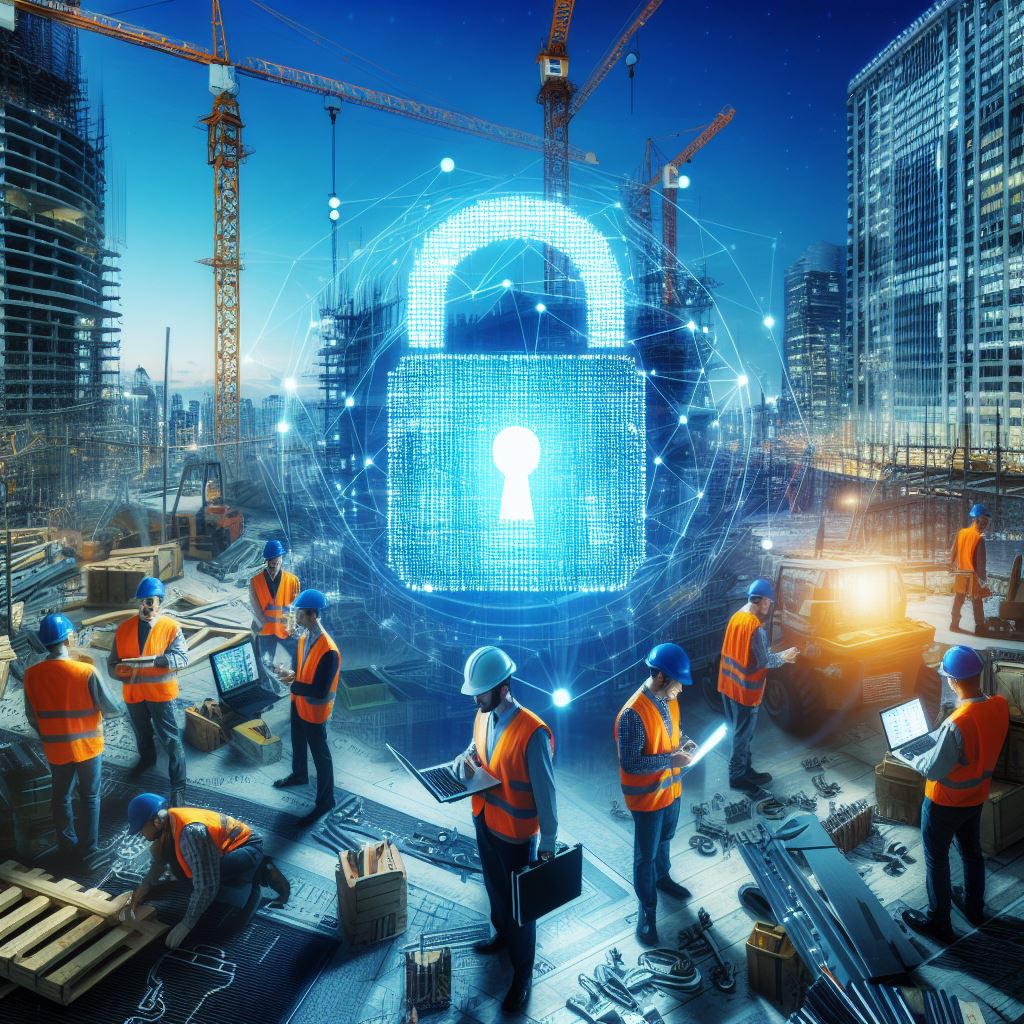
When adding new players to a team, you'd want to make sure they're reliable and fit well with the squad. Similarly, when adding new devices to your network, choose those with built-in security features and a reputation for security. The Internet of Things is a game-changer for the construction industry, but without proper security, it can be a risky player to have on your team. By following these best practices, you can leverage the benefits of IoT while keeping your network secure. So, let's lace up our boots, set our defensive line, and get ready to tackle IoT security head-on.
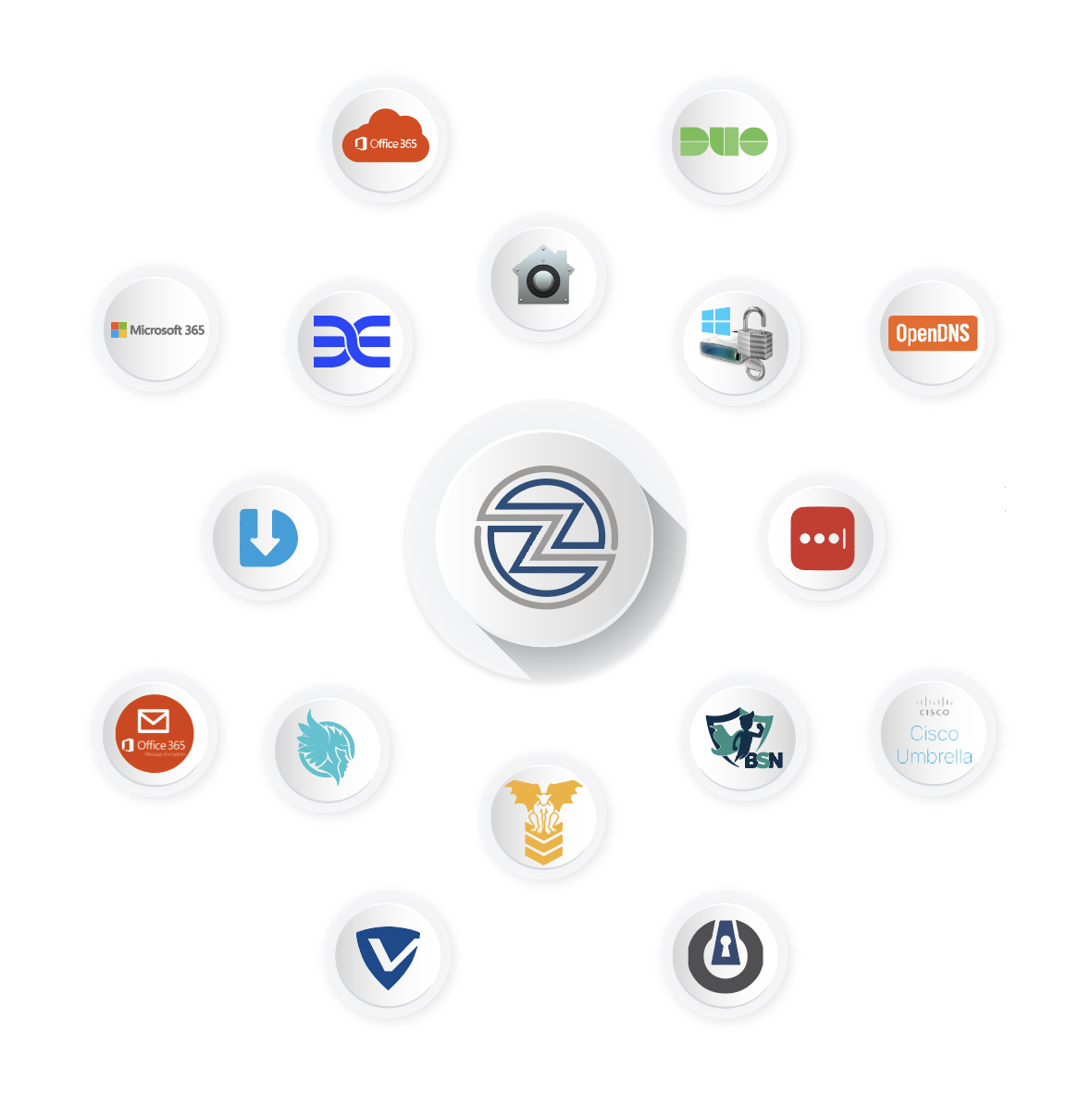
The Importance of Proactive Cybersecurity Measures
To mitigate the risks associated with cyber threats, construction companies must adopt a proactive approach to cybersecurity. Implementing robust cybersecurity measures can help protect the company's assets, maintain client trust, and ensure the smooth operation of projects. Here are some key steps that construction companies can take:
1. Employee Education and Training:
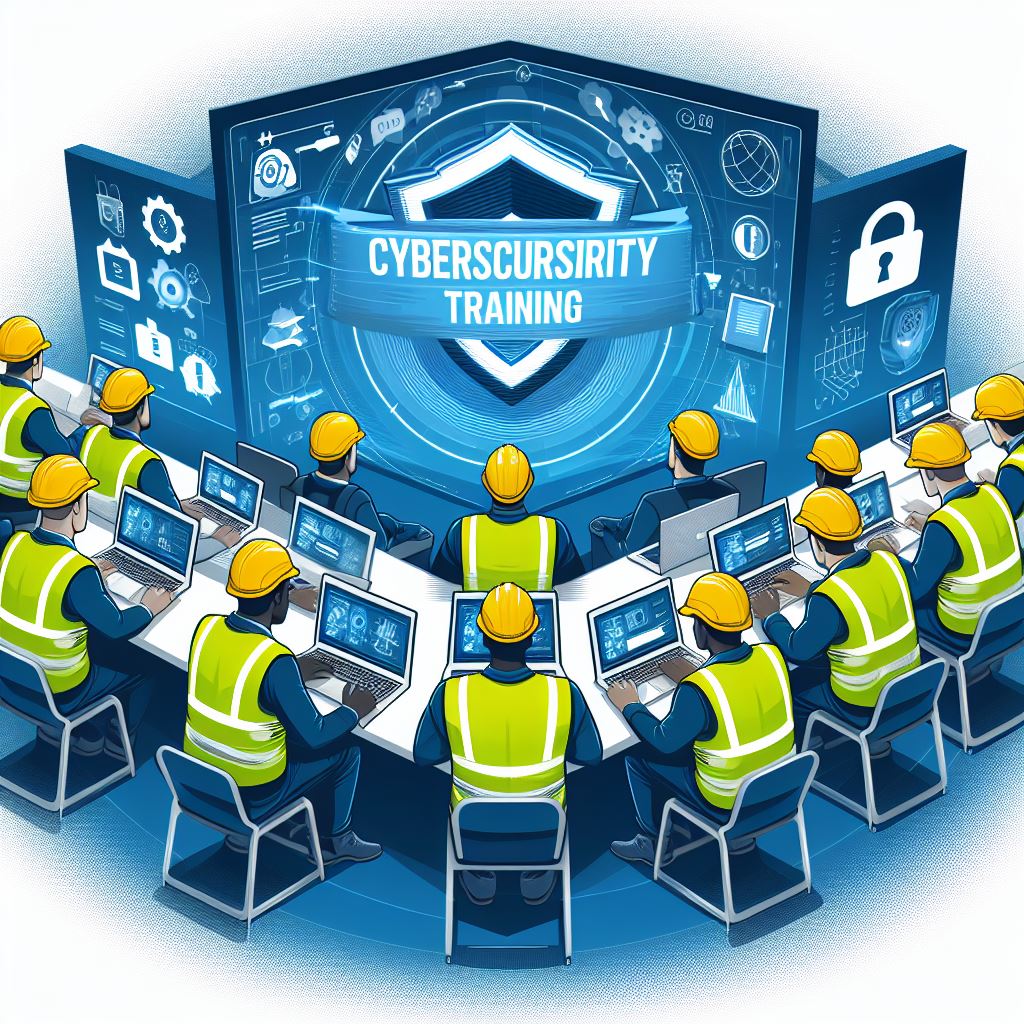
Employees are often the first line of defense against cyber threats. Providing comprehensive training on cybersecurity best practices, such as identifying phishing emails and using strong passwords, can significantly reduce the risk of successful attacks.
2. Regular Security Assessments:
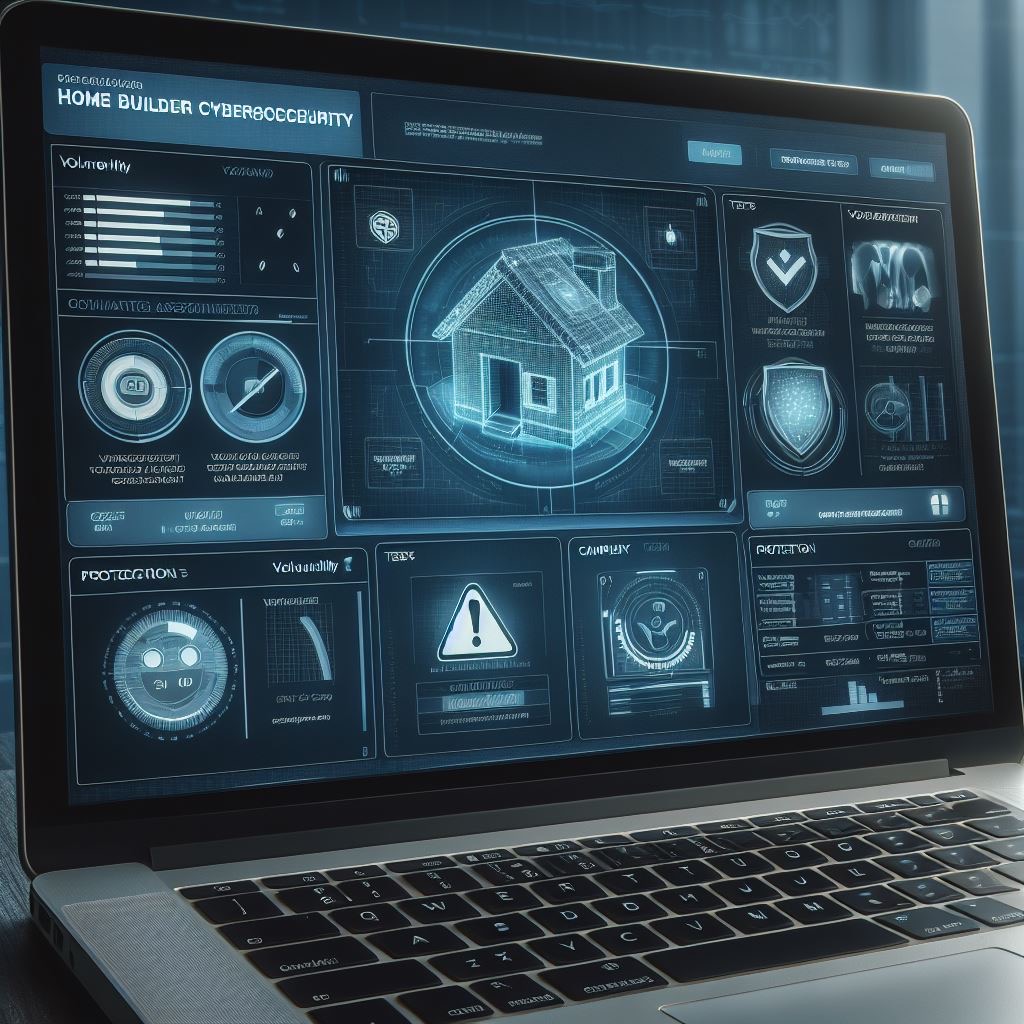
Conducting regular security assessments, including vulnerability scanning and penetration testing, can identify potential weaknesses in the company's systems and infrastructure. This allows for timely remediation before cybercriminals can exploit these vulnerabilities.
3. Secure Network Infrastructure:

Implementing robust firewalls, intrusion detection systems, and encryption protocols can help safeguard the company's network infrastructure from unauthorized access and data breaches.
4. Access Control and Authentication:

Implementing strong access control measures, such as multi-factor authentication and role-based access controls, can ensure that only authorized individuals have access to sensitive information.
5. Data Backup and Recovery:

Regularly backing up critical data and implementing a robust disaster recovery plan can help minimize the impact of a cyber-attack and facilitate the restoration of operations.
Conclusion:
In an increasingly digitized world, the construction industry must recognize the importance of cybersecurity and take proactive measures to protect its valuable assets. Neglecting cybersecurity can have severe consequences, including financial losses, reputational damage, project delays, legal and regulatory compliance issues, and loss of intellectual property. By prioritizing cybersecurity and implementing robust measures, construction companies can safeguard their operations, maintain client trust, and ensure their long-term success in an evolving digital landscape.
Want to know if your construction company is at major risk of getting hacked? Click here for a FREE 15-Minute Cyber Consult.
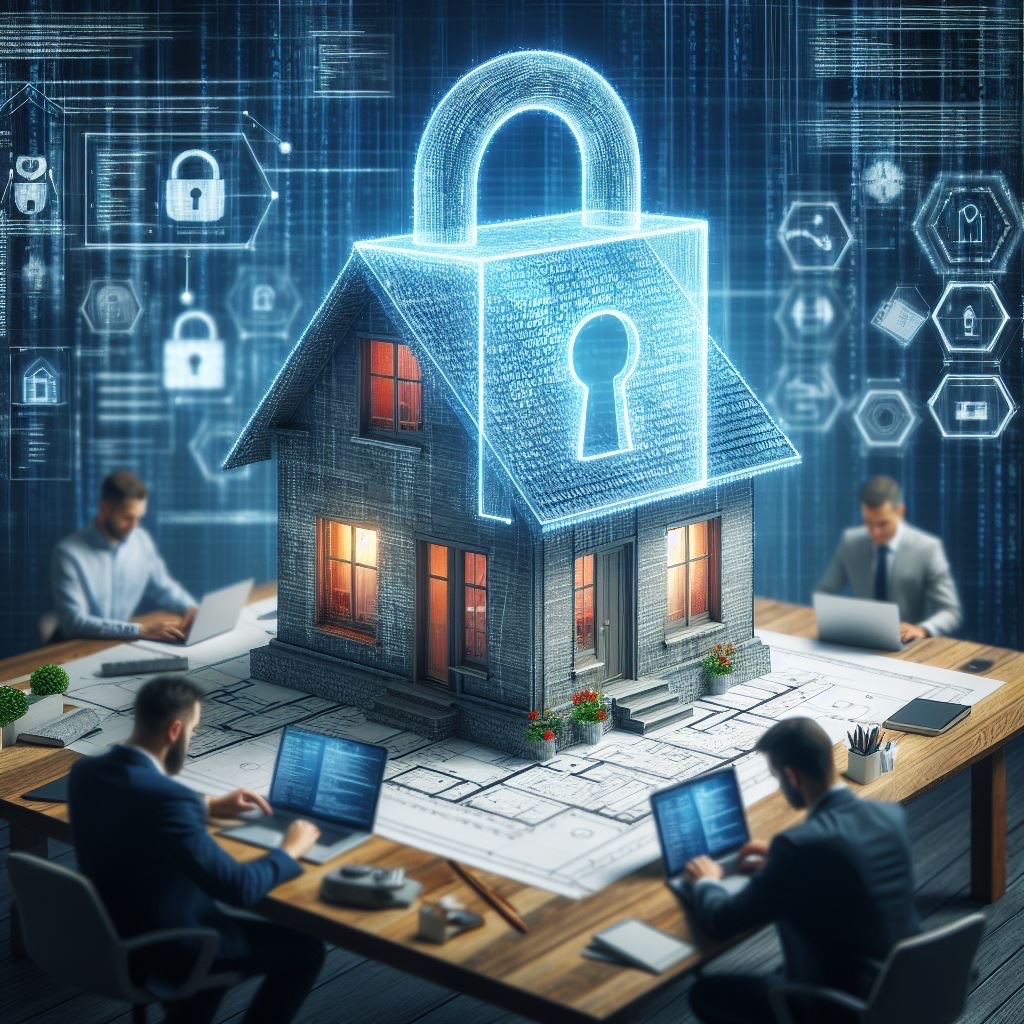
5 Reasons Your Construction Company Needs a Cybersecurity Risk Assessment. 👊
It is important for construction companies to conduct a cybersecurity risk assessment for several reasons:
1. Protection of sensitive data:
Construction companies handle a vast amount of sensitive data, including financial information, project details, client information, and employee records. Conducting a cybersecurity risk assessment helps identify potential vulnerabilities and ensures appropriate safeguards are in place to protect this data from unauthorized access, data breaches, or theft.
2. Mitigating financial losses:
Cyberattacks can result in significant financial losses for construction companies. These losses can stem from data breaches, ransomware attacks, or the disruption of critical systems. By conducting a cybersecurity risk assessment, companies can identify potential weaknesses in their IT infrastructure and take proactive measures to mitigate the financial risks associated with cyber threats.
3. Maintaining business continuity:
A successful cyber-attack can disrupt construction projects, delay timelines, and impact the overall business operations. By conducting a risk assessment, construction companies can identify potential vulnerabilities and implement robust cybersecurity measures to ensure business continuity. This includes having backup systems, disaster recovery plans, and incident response protocols in place.
4. Protecting reputation and client trust:
Construction companies rely on their reputation and client trust to secure new projects and contracts. A cybersecurity breach can undermine trust, damage the company's reputation, and lead to the loss of clients. By conducting a risk assessment and implementing appropriate cybersecurity measures, construction companies can demonstrate their commitment to protecting client data and maintaining a secure operating environment.
5. Compliance with regulations:
Construction companies may be subject to industry-specific regulations and legal requirements regarding data protection and cybersecurity. Conducting a risk assessment helps identify any gaps in compliance and ensures that the company meets the necessary regulatory obligations.
Overall, conducting a cybersecurity risk assessment allows construction companies to proactively identify and address potential vulnerabilities, protect sensitive data, mitigate financial losses, maintain business continuity, protect their reputation, and comply with relevant regulations.
Other resources to help you get started with Cybersecurity
Start your own Cybersecurity initiative:
Here is a quick checklist to get you started with your Cybersecurity initiative. Remember imperfect action beats inaction, get started and keep pushing for progress and awareness with your people.
Update your software
Secure your files
Require passwords
Encrypt devices
Use multi-factor authentication
Protect your wireless network
Make "SMART SECURITY" your business as usual
Require strong passwords
Train all staff
Have a plan
